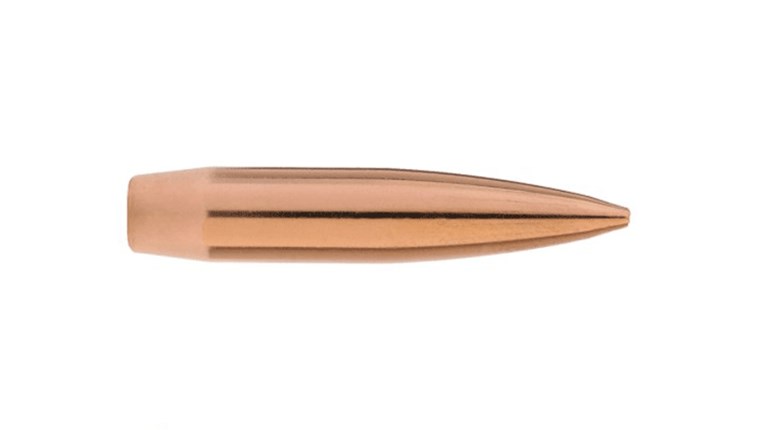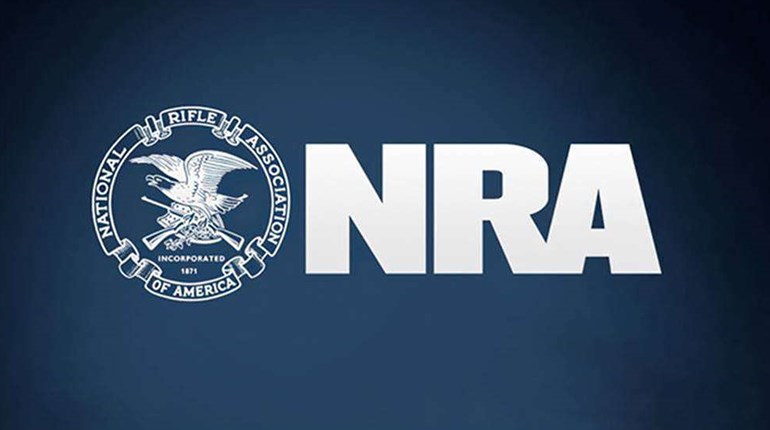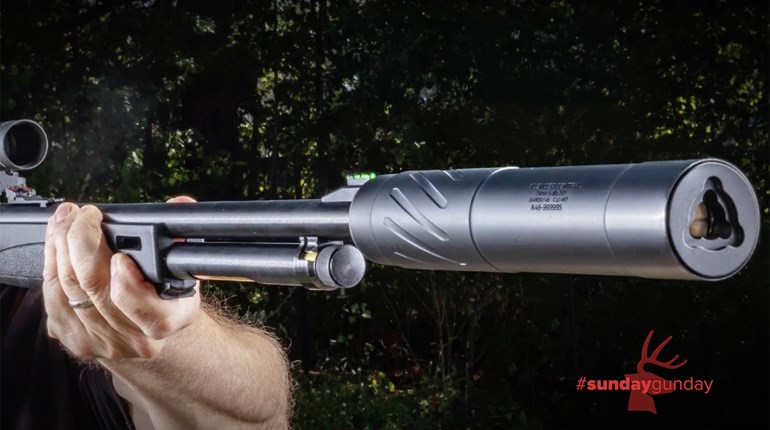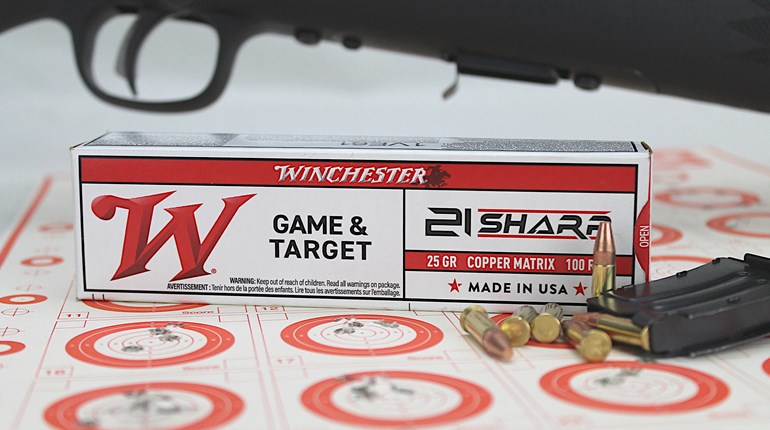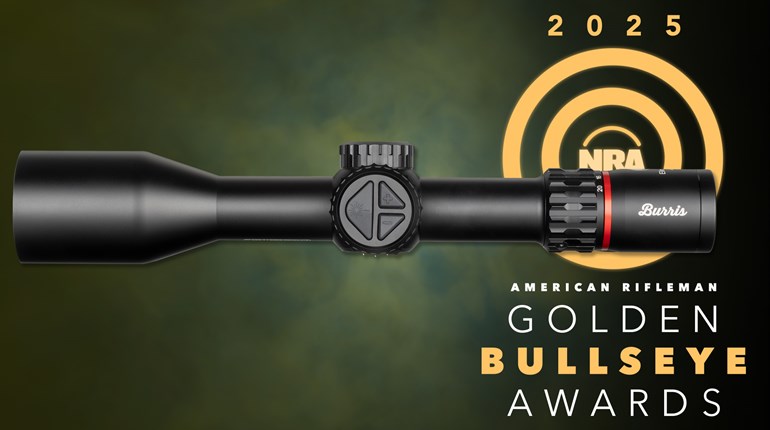While getting a pedicure recently, I found myself telling the nail technician that I was looking forward to the upcoming weekend because I was going turkey hunting. Typically, I'm careful about what I share with strangers, and I blame the exhilaration of a foot massage for my lapse in judgment. Sure enough, I got the reaction I dreaded.
"Oh, my gosh, how can you kill an animal? I love animals," said the twenty-something nail technician. "The guy who lives next door to me goes hunting. I just can't see why a woman would do that."
Since the conversation was officially over but the pedicure wasn't, I had some time to mull over what she had said. Was she telling me that she disapproved of hunting in general? Or had she signaled that while hunting might be OK for her male neighbor, it is most assuredly not for a woman?
Women’s Opinions and Attitudes About Hunting
While those who disapprove of hunting are solidly in the minority, research indicates women are more likely to frown on hunting. A 2006 study conducted by Responsive Management showed that while 84 percent of men approve of hunting, only 72 percent of women approve.
Other studies have revealed a multitude of reasons people oppose hunting. One of the top reasons that some people oppose hunting is they believe it is morally wrong. Another key reason is the perception that hunting causes animals pain and suffering. (The Sportsman's Voice: Hunting and Fishing in America by Mark Damian Duda, Martin F. Jones and Andrea Criscione).
In general, research shows women's attitudes toward animals are based on interest and affection for individual animals. They exhibit far less interest in mastery and control over wildlife than men do.
A Melting Pot of Emotions
So given all this evidence, what can be said about women who do hunt? Are we amoral, heartless creatures determined to carry out a vendetta against nature? Nothing could be further from the truth. In fact, women who hunt admit to a mix of emotions when they're successful. Maryellen Seward, an avid hunter from Indiana, recalls the first wild turkey she ever killed.
"It was an awesome feeling when I saw two gobblers running straight at us, and I took a shot and down he went. I ran out with tears in my eyes and told him I was sorry I took his life," Seward said. "But what a joy it was to be successful."
Jennifer Morgan, hunter education coordinator for the New Mexico Department of Game and Fish recounted the rush of emotions she experienced on her first successful hunt. Morgan killed a cow elk in western New Mexico when she was 24 years old.
“I remember feeling a sense of remorse as I approached the downed cow. The reality check set in that I had taken a life. I remember saying a short prayer of thanks for the animal’s life while feeling blessed to have had the opportunity to play an integral role in the cycle of life and to put meat in our freezer,” Morgan said. “I was also so excited that I couldn’t contain my happiness. It was an overwhelming feeling of emotions all at once. Happiness, pride, and some sadness.”
Mary Zeiss Stange, a professor of women's studies and religion at Skidmore College, said it would be strange to not feel some remorse about killing an animal.
"I cannot watch the death-arrested flight of a duck or a pheasant without an inner pang. Should the day come when I could, I would never shoulder a shotgun again," said Stange in her book Woman The Hunter, which explores the relationship between women and hunting.
There's also a profound feeling of satisfaction about acquiring the knowledge and skills necessary for hunting.
"I definitely feel it is OK to be proud about a successful hunt. It is an accomplishment," said Maria Futral, hunter education coordinator for the Alabama Division of Wildlife and Freshwater Fisheries. "I think most people have a mix of emotions when they are successful. It is good to acknowledge all of those feelings. It is a very personal thing."
Futral started hunting when she was 20 years old and killed her first game species when she was 27.
"I can't remember how I expected to feel. I know that I just wanted to make a good shot and not embarrass myself. It was a doe, and I was proud to do it. I was by myself and just wanted to make sure that I did not miss."
Stange said anecdotal evidence suggests that women hunters are less inclined to take high risk shots. This is likely related to the fact that women are more motivated to reduce animal pain and suffering through quick, humane kills.
Life-Givers and Life-Takers
A question that jumps to mind for women who don’t hunt is how can females engage in the violence of hunting when we’re the givers of life? Stange has found through her work that women approach this question more realistically than men do. Men tend to skirt the issue or displace the notion of hunting as an act of aggression.
"Women do think about the implications of hunting. It has everything to do with the fact women are life-givers. We are aware that we participate in the cycle of birth, life and death,” Stange said.
While women are strongly identified by our ability to produce life, men are more associated with being life-takers. The myriad macho stereotypes—from the armed services and law enforcement to the imagery connected with the Marlboro Man and Old West gunslingers—all support the idea of killing as a hallmark of masculinity. It’s so acceptable that men aren’t forced to think about it as deeply, Stange said.
It’s All in the Mind
Another factor that can account for differences in how men and women approach killing game is when they learned to hunt. Research shows most men learn to hunt as children, before the prefrontal cortex, otherwise known as the CEO of the brain, is fully developed. Meanwhile most women are introduced to hunting as adults. Stange pointed out that people who learn to hunt as adults are equipped with an ethical and moral value system that aids them in making decisions and weighing the consequences of their behavior. Even those people who discover hunting as adults find their opinions, attitudes and perceptions about hunting can change over time.
"I think now, I have different emotions than I did when I first started hunting, Futral said. “At that time, I just wanted to prove that I could do it. Now, I hunt for food mostly because I prefer to eat wild game over processed foods. I enjoy hunting for the entire experience. I personally would not shoot anything that I did not intend to eat."
Becoming a hunter isn’t something to be taken lightly. It requires being open to learning, willingness to train and practice, and acknowledging the predatory role you play in the food web. But the rewards—healthy, nutritious meat for the table, connecting with nature at a level other outdoor enthusiasts never attain, and spending time with friends and family—will enrich your life.













